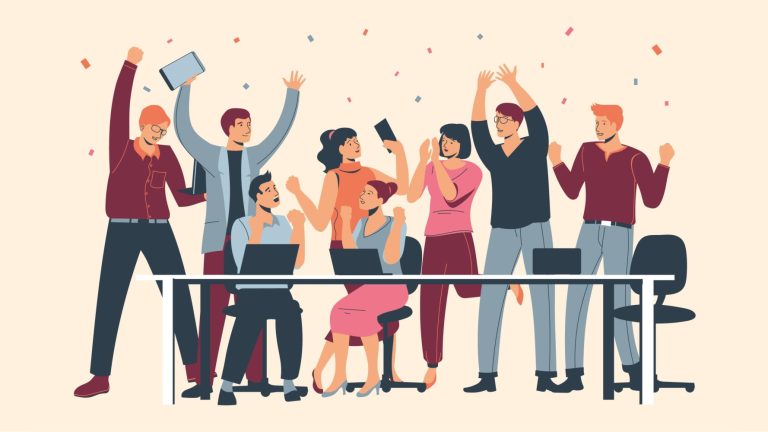In the fast-paced modern business, and hybrid work world, adaptability in HR has become more crucial than ever. In this ever-changing landscape, we need versatile skill sets. HR practices need to adapt and foster an inclusive, employee-centric culture to retain the top-tier talent that defines organizational success.
To tackle challenges head-on, we need to adopt an agile HR approach, not just to survive but to truly thrive amidst constant evolution.
Agility:
Embracing an agile mindset in HR involves the readiness to consistently re-evaluate our methods for performance evaluation, talent acquisition, and development. One must adaptstrategies that harmonise with organisational objectives, facilitating a thorough foundation for any upward growth. Making frequent adjustments serves as a proactive measure, ensuring preparedness to address challenges in real time rather than waiting for them to take us by surprise.
It becomes imperative to align HR practices with employee aspirations, encompassing personal growth, skill development, and future readiness.
Talent Acquisition:
Fostering a flexible approach in talent acquisition pushes us to actively incorporate technology, such as AI, to expedite and enhance the recruitment process as we know it. Streamlined and unbiased screening procedures, coupled with skill-matching algorithms, boost the HR team’s capacity to quickly and efficiently identify the ideal candidates for specific positions.
Involvement:
Transforming performance reviews through a proactive mindset involves harnessing the power of AI to streamline the process and tackle issues in real time. AI-generated timely insights and actionable suggestions contribute to more productive and impartial performance evaluations, ultimately enhancing overall efficiency for HR teams.
Acceptance:
AI has the potential to be a powerful ally in our endeavour for diversity, equity, and inclusion (DEI). It plays a pivotal role in recognising and rectifying biases within hiring and performance management processes, promoting inclusivity in job descriptions, and pinpointing disengagement among diverse employees. This, in turn, facilitates targeted interventions aimed at enhancing both retention and advancement opportunities.
Supporting employee growth:
A flexible strategy for employee development entails employing AI systems to provide immediate feedback on employee work and monitor progress. This data enables us to customise training programs to address each employee’s specific upskilling requirements, ensuring the organisation stays ahead and is abreast of all pertinent skills.
In conclusion
In steering through the dynamic modern workplace, HR professionals hold the key to building an ideal workforce for the organisation’s pursuits. It becomes imperative to align HR practices with employee aspirations, encompassing personal growth, skill development, and future readiness. Proactively embracing flexibility, championing continuous learning, and elevating engagement ensures optimal results out of engagement activities. Furthermore, implementing agile talent acquisition methods, encouraging collaboration, and harnessing technology for automation position us as catalysts for change. As organisations evolve, those of us ready to reimagine HR strategies not only navigate through the challenges of change but also thrive amid uncertainty. This is guided by a resilient and responsive HR framework, paving the way for adaptability and success in the ever-changing landscape.
Stay connected with us on social media platform for instant update click here to join our LinkedIn, Twitter & Facebook

























